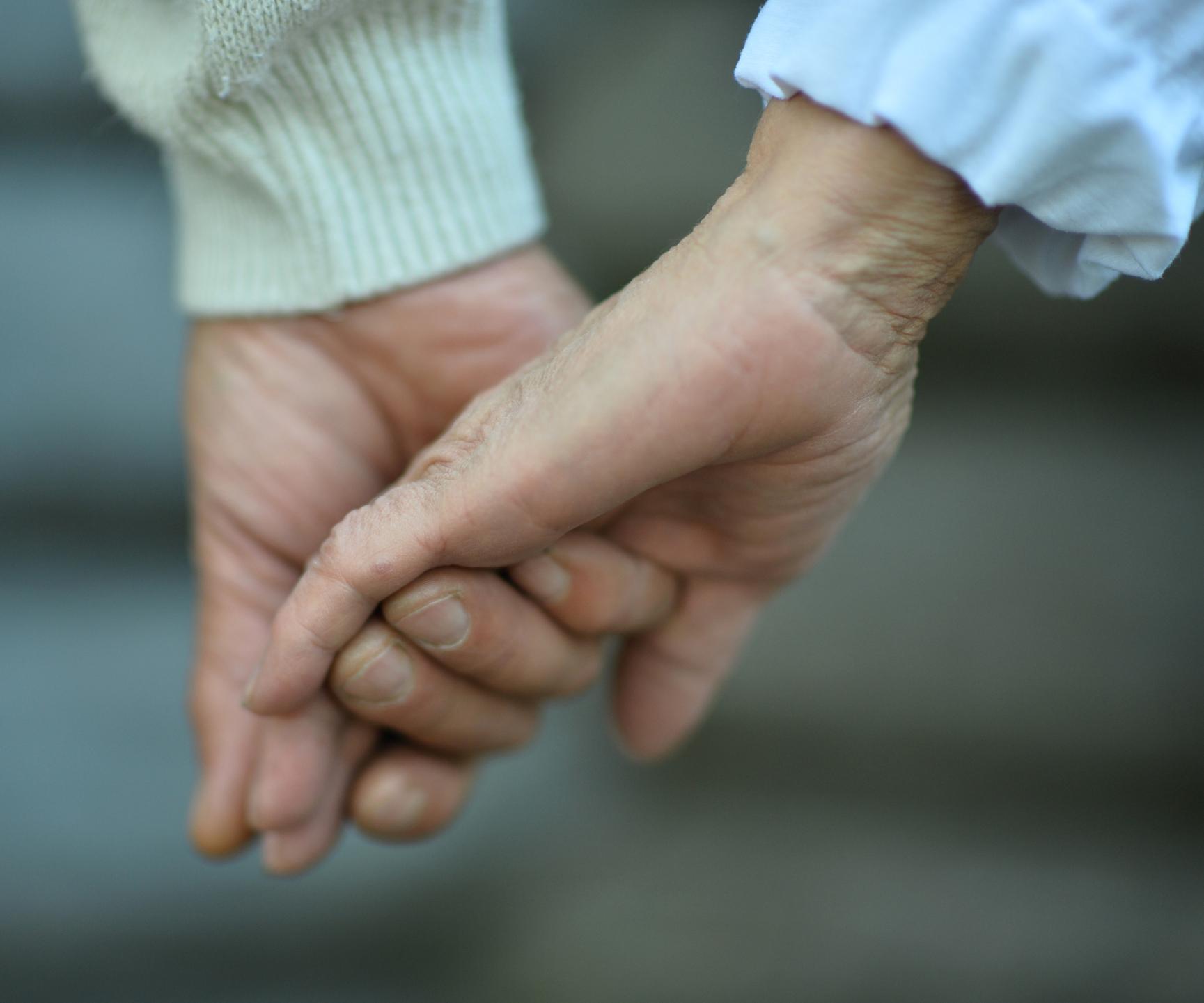As Kiwis, we’re familiar with compelling stories of heroism and heartbreak from World War I. But often, those accounts come from the men involved in the war. It’s rare that we hear of the roles that women played during those years.
Annie Montgomerie also had stories to share and her granddaughter has made sure those tales are being heard.
The pioneering mother kept detailed diaries of her experience in World War I, which provided a fascinating look into how she, like many women, also played their parts in the Great War.
“She was a feisty little thing, yet she was only tiny,” Susanna Norris laughs.
“Very, very outspoken! And dare I say it, I think these days, she’d be deemed quite opinionated and controlling.”

A portrait of Annie.
Annie’s story is shared alongside other notable ladies in the new exhibition Women’s War, portraying how a number of New Zealand women faced the challenges of World War I.
Upon learning that pages and pages of Annie’s memories were just left in a box in her cousin’s house back in 2001, Susanna, who is a trained librarian and teacher, realised there was unknown history gathering dust. And that just wouldn’t do, she thought! So the Whanganui woman set about transcribing each individual entry, which wasn’t released publicly until 2014.
“It took us about five years to wade through her four years’ worth of diaries – the writing was so scribbly!” she remembers.
“I nearly gave up at times, but I would always go back to it. We just couldn’t leave them, the history is too amazing!”

Annie (middle) and her family.
Annie’s story is no doubt similar to many mothers during the war. After her two sons, Ostend and Seton as they were known, expressed their desire to be pilots in the war – which would mean enlisting in Britain – she packed everything up to move to London and travelled with them.
“If anyone was going to go to war, well, she was going too,” Susanna tells.
“So they packed up the family and took them to London and put a manager on the farm. She wrote of spending time on the voyage over there and her impressions of seeing people from other races. You really see it through her eyes.”
London, at that time, was confronting. There was rationing, walking-wounded soldiers and unpredictable bomb attacks – and Annie documented it all.
“She wrote about how it was through the days, from breakfast through to dinner at night, especially living in London when you never knew when you were going to get hit by a bomb or quite what was going to happen next. You get the real feeling of the anger, the utter anger!” Susanna says, describing the entries.
To this day when Susanna goes back over the entries she turned into a book, she gets very emotional reading about the turbulence and anger of the time. One extract in particular, Susanna says, really stands out.
“The sacrifice of young lives is too hideous,” Annie wrote. “It makes me hate, with bitter hatred, all those muddling idiots in the head of affairs. Why can’t they be made to pay for their blundering, not our precious boys.”
She continued, “If all the mothers of the Empire feel as bitter and sore as I do, there is a day of reckoning coming for all muddlers and may I live to see it.

Thankfully, both of Annie’s sons survived the war. But as well as being a good glimpse into the emotion many felt, Annie’s diaries also painted a picture of London life during health epidemics, including Annie’s own bout of the measles.
“While she did go a bit wild in London when she arrived, she was also put into quarantine and let me tell you, the remedies they used then would most likely be banned today! Chlorodyne, turpentine,” Susanna lists.
“But she brought her children up in conditions you just wouldn’t believe nowadays and she knew how to make do.”
Having Annie featured in the exhibition is a true honour for the family, who will be travelling to Wellington especially for it.
“I’ve been trying to get a message through to her saying ‘Go, Granny, go! We still need your voice!'” Susanna shouts as if indeed getting that message to her dear grandmother.
“We need all of their voices today because nothing seems to have changed when it comes to war.”
Susanna hopes that these lesser-known stories of all the incredible women – mothers, ambulance drivers and nurses – will be no longer be overlooked, but celebrated equally as war heroes.
Women’s War is on until May 19 at The Great War Exhibition, Dominion Museum Building, Wellington.


